2016 Children’s Environmental Health Symposium Presentations
The Office of Environmental Health Hazard Assessment, Western States Pediatric Environmental Health Specialty Units at University of California San Francisco, and University of California Berkeley Center for Integrative Research on Childhood Leukemia and the Environment held the annual Children’s Environmental Health Symposium exploring "New Findings from California”. Videos from the symposium are available.
John R. Balmes, MD (watch video)
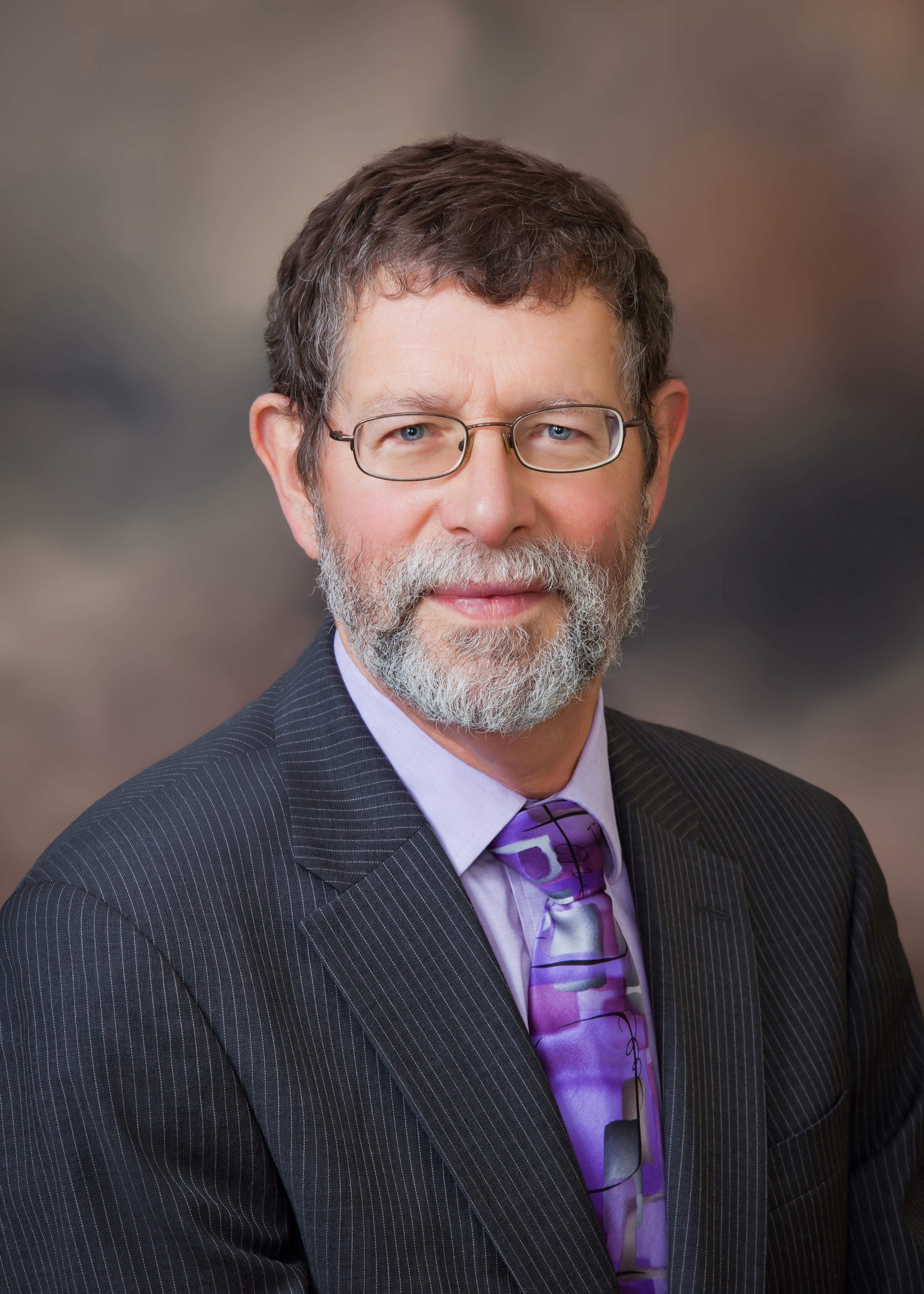 Dr. Balmes presents findings of high prevalence of obesity and diabetes in children of the San Joaquin Valley. His current study examines the potential role of oxidative stress, systemic inflammation, and immune dysfunction as potential risk factors.
Dr. Balmes presents findings of high prevalence of obesity and diabetes in children of the San Joaquin Valley. His current study examines the potential role of oxidative stress, systemic inflammation, and immune dysfunction as potential risk factors.
Dr. Balmes is Professor of Medicine at UCSF and Professor of Environmental Health Sciences in the School of Public Health at UC Berkeley. He is an Attending Physician in the UCSF Division of Occupational and Environmental Medicine and the Division of Pulmonary and Critical Care Medicine at San Francisco General Hospital. At UC Berkeley, he is the Director of the Northern California Center for Occupational and Environmental Health and the UC Berkeley-UCSF Joint Medical Program. He is also one of the Principal Investigators of the Berkeley-Stanford Children’s Environmental Health Center. Dr. Balmes has been studying the effects of occupational and environmental agents on respiratory and cardiovascular health for 35 years. He was appointed Physician Member of the California Air Resources Board in 2008.
Brenda Eskenazi, PhD (watch video)
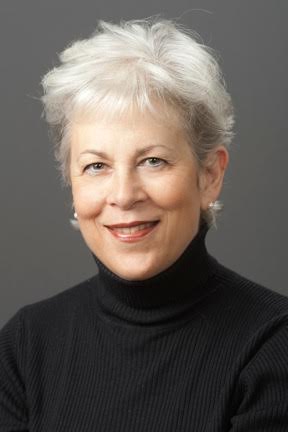 Dr. Eskenazi presents findings from the CHAMACOS study suggesting that the neurodevelopmental impacts of pesticide exposures are compounded by social adversity including home and neighborhood poverty.
Dr. Eskenazi presents findings from the CHAMACOS study suggesting that the neurodevelopmental impacts of pesticide exposures are compounded by social adversity including home and neighborhood poverty.
Dr. Eskenazi directs the Center for Environmental Research and Children’s Health (CERCH, cerch.org) at the University of California at Berkeley. She is the Jennifer and Brian Maxwell Professor of Maternal and Child Health and Epidemiology and Chair of Community Health and Human Development at the School of Public Health at UC Berkeley. Dr. Eskenazi is a neuropsychologist and epidemiologist whose long-standing research interest has been the effects of toxicants on human reproduction (both male and female) and child development. Professor Eskenazi is currently the Principal Investigator (PI) and Director of an NIH/EPA Center for Excellence in Children's Environmental Health Research Investigator on other NIEHS-funded projects on endocrine disruption. Dr. Eskenazi has recently been awarded the prestigious John R. Goldsmith award for lifetime achievement in environmental epidemiology.
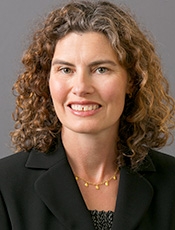 Dr. Harley describes Hermosa, a project with Latina youth, to identify their key exposures to endocrine disrupting chemicals. They identified personal care products and substituted affordable alternatives that reduced exposure while training youth to be scientific researchers, health educators, and advocates.
Dr. Harley describes Hermosa, a project with Latina youth, to identify their key exposures to endocrine disrupting chemicals. They identified personal care products and substituted affordable alternatives that reduced exposure while training youth to be scientific researchers, health educators, and advocates.
Dr. Harley an Associate Director of the Center for Environmental Research and Children's Health (CERCH) and a faculty member in Maternal and Child Health at UC Berkeley's School of Public Health. She is a reproductive epidemiologist whose research focuses on endocrine-disrupting chemicals and health and development, including associations with fertility, timing of puberty, obesity, and neurodevelopment. Her primary focus is on exposure to common hormone-disrupting chemicals, including those found in personal care products, plastics, flame retardants in furniture, and pesticides on food. Dr. Harley is co-Principal Investigator of the HERMOSA Project which works with Latina adolescents to determine their exposure to hormone-disrupting chemicals in cosmetics and beauty products. She is also the Associate Director of the CHAMACOS Study, a 15-year longitudinal cohort study examining chemical exposures to immigrant farmworker women and their children living in the Salinas Valley.
Scott C. Kogan, MD (watch video)
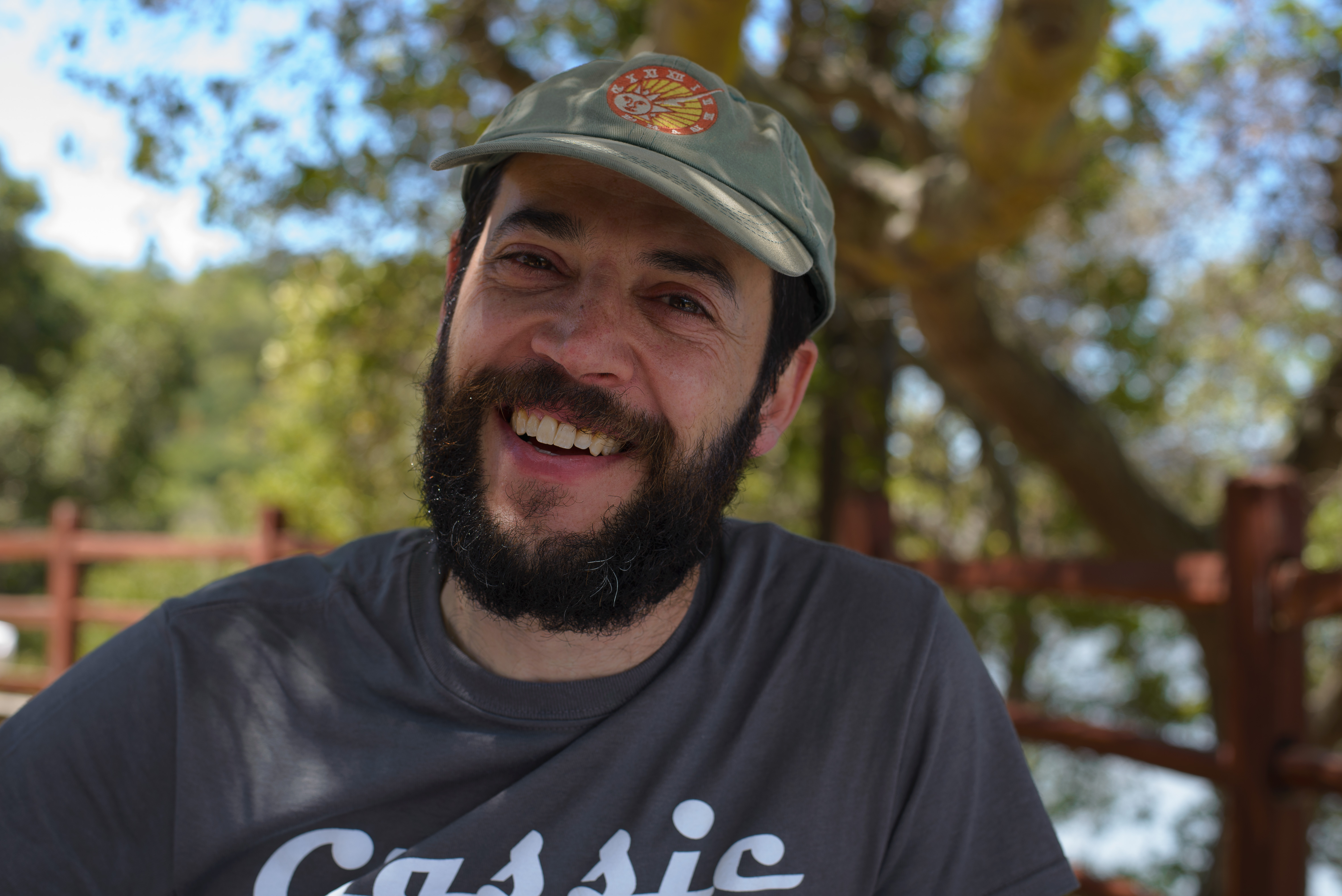 Dr. Kogan presents information about the development of an animal model for acute lymphoblastic leukemia that promises to fill a gap in studying environmental factors related to this disease.
Dr. Kogan presents information about the development of an animal model for acute lymphoblastic leukemia that promises to fill a gap in studying environmental factors related to this disease.
Dr. Scott Kogan is a pathologist and researcher at the University of California San Francisco.
Dr. Kogan is a Professor of Laboratory Medicine who practices hematopathology and who studies development of and treatment for acute leukemia recent investigations include modeling how environmental exposures interact with genetics and the immune system to influence development of acute lymphoblastic leukemia.
Michele La Merrill, PhD, MPH (watch video)
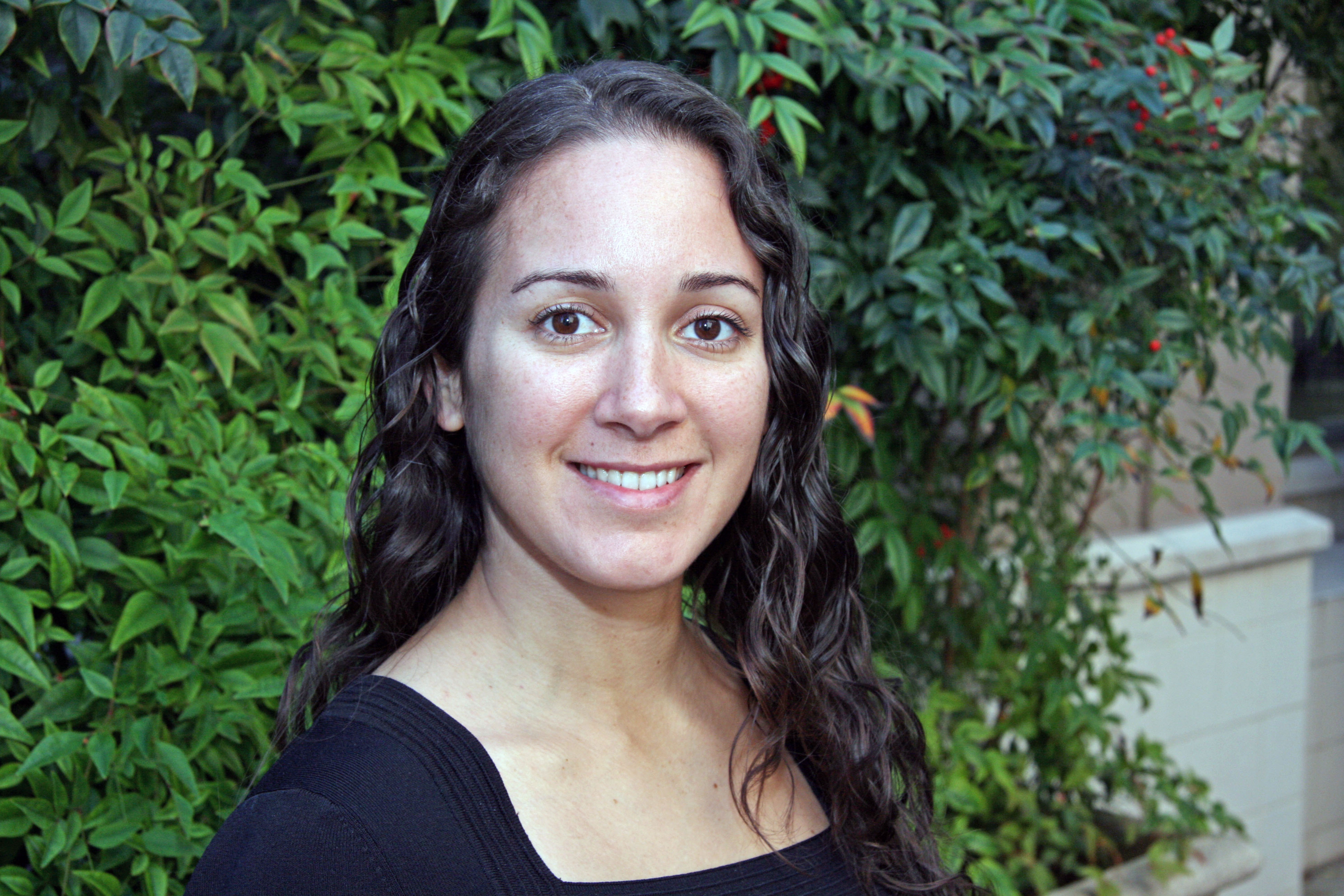 Dr. La Merrill examines toxicologic evidence from her lab on the possible role of environmental chemicals as contributors to diabetes and obesity.
Dr. La Merrill examines toxicologic evidence from her lab on the possible role of environmental chemicals as contributors to diabetes and obesity.
Dr. La Merrill conducts integrated toxicological and epidemiological studies to understand susceptibility to environmental diseases. These susceptibilities include environmental insults during the exquisitely sensitive developmental period, poor diet and ensuing metabolic diseases, and genetic and epigenetic predispositions. She earned her PhD in Toxicology from the University of North Carolina, Chapel Hill and her MPH in epidemiology during her postdoctoral fellowship at the Mount Sinai School of Medicine. She is an Assistant Professor of Environmental Toxicology at the University of California, Davis where she teaches courses in Toxicology and on Gene x Environment Interaction. She was a recent member of the IARC Monographs Working Group for volume 113, on some organochlorine insecticides and chlorphenoxy herbicides
Bruce Lanphear, MD, MPH (watch video)
 Dr. Bruce Lanphear - What is our ultimate goal: To prevent disease or treat it? Dr. Lanphear describes how, if we want to make a difference in children’s lives, we need to establish a new emphasis on prevention.
Dr. Bruce Lanphear - What is our ultimate goal: To prevent disease or treat it? Dr. Lanphear describes how, if we want to make a difference in children’s lives, we need to establish a new emphasis on prevention.
Dr. Lanphear is a Clinician Scientist at the Child & Family Research Institute, BC Children’s Hospital and Professor in the Faculty of Health Sciences at Simon Fraser University in Vancouver, British Columbia. His primary goal is to help quantify and ultimately prevent disease and disability - like asthma, learning problems and ADHD - due to exposures to toxic chemicals and pollutants. Over the past decade, Dr. Lanphear has become increasingly vexed by our inability to control the “pandemic of consumption” – the largely preventable, worldwide epidemic of chronic disease and disability due to industrial pollutants, toxic chemicals and excess consumption. He is leading an effort to build an online Atlas of Environmental Health and produce videos to enhance public understanding of how environmental influences impact human health.
Catherine Metayer, MD, PhD (watch video)
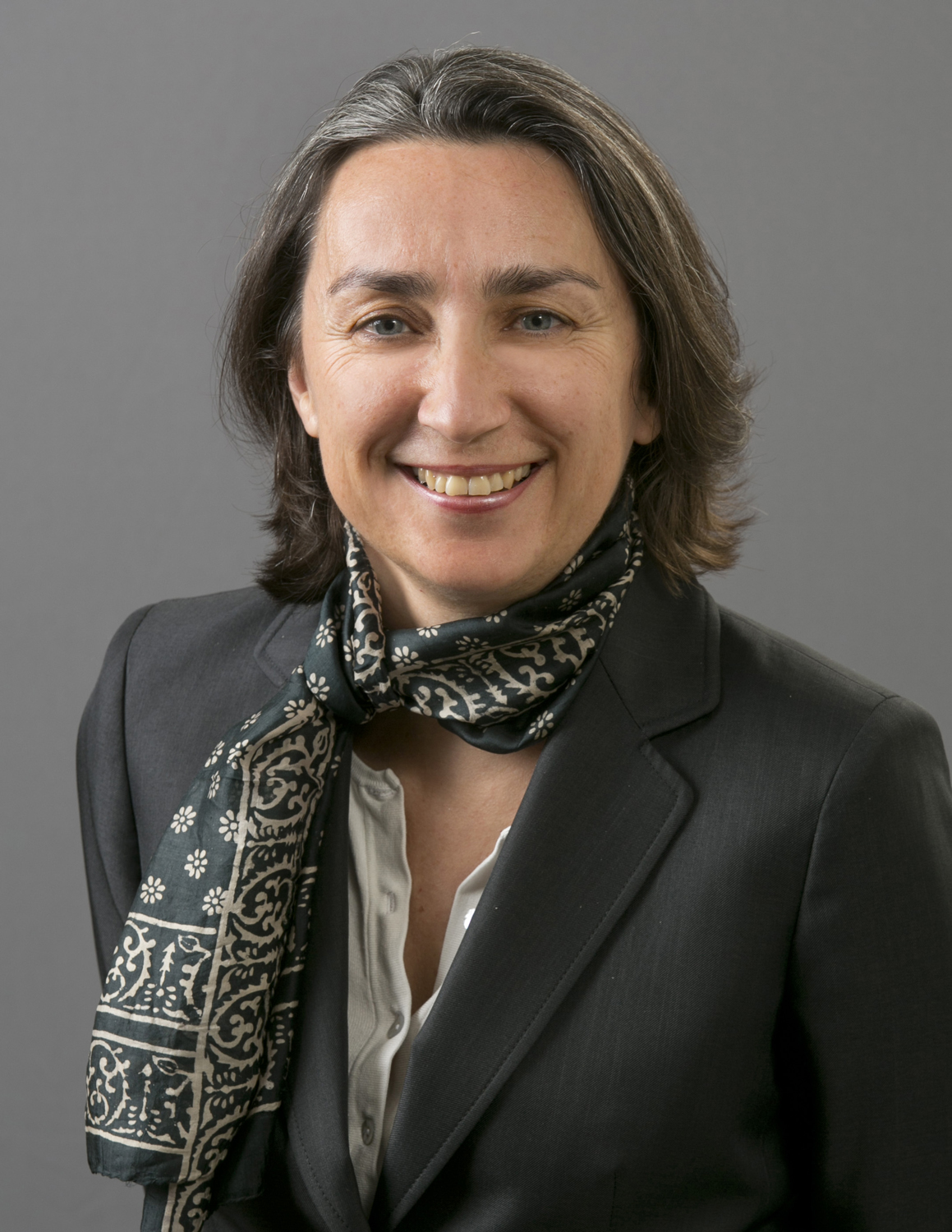 Dr. Metayer examines epidemiologic evidence that exposures such as paternal smoking, paints and solvents, pesticides, and diet play a role in the development of childhood leukemia.
Dr. Metayer examines epidemiologic evidence that exposures such as paternal smoking, paints and solvents, pesticides, and diet play a role in the development of childhood leukemia.
Dr. Metayer received her medical degree from the University of Bordeaux II in France, and her PhD in Epidemiology from Tulane University, School of Public Health. She is currently Professor at the UC Berkeley, School of Public Health, Division of Epidemiology and Biostatistics. Prior to joining UC Berkeley, Dr. Metayer was a scientist at the US National Cancer Institute, Division of Cancer Epidemiology and Genetics. She is the Principal Investigator of the California Childhood Leukemia Study and Director of the Center for Integrative Research on Childhood Leukemia and the Environment (CIRCLE), a federally funded Children's Environmental Health Center. She is also the Chair of the Childhood Leukemia International Consortium. Her work focuses on environmental and genetic risk factors of leukemia and other cancers in children and adolescents.
Judy Van de Water, PhD (watch video)
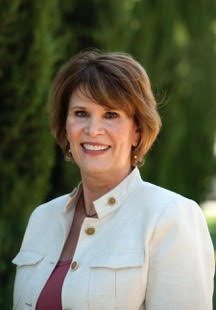 Dr. Van de Water examines the roles of environmental factors, genes, and the immune system as they relate to susceptibility to autism spectrum disorders.
Dr. Van de Water examines the roles of environmental factors, genes, and the immune system as they relate to susceptibility to autism spectrum disorders.
Dr. Van de Water joined the faculty in the Department of Internal Medicine at the University of California, Davis in 1999. In 2000, she also joined the faculty of the newly formed UC Davis M.I.N.D. Institute when she began her research on the immunobiology of autism. Dr. Van de Water’s laboratory pursues research programs pertaining to autoimmune and clinical immune-based disorders including the biological aspects of autism spectrum disorders. The application of Dr. Van de Water’s immunopathology background has been instrumental in the dissection of the immune anomalies noted in some individuals with autism, and in the differentiation of various autism behavioral phenotypes at a biological level. Dr. Van de Water is currently the Director of the NIEHS funded Center for Children’s Environmental Health at UC Davis, investigating potential environmental risk factors contributing to the incidence and severity of childhood autism. Dr. Van de Water is the recipient of the Slifka-Ritvo IMFAR Innovative Basic Science research award for her contribution to autism research, and the McGovern Research Award for significant impact in the health field.
- Feb 12, 2016

